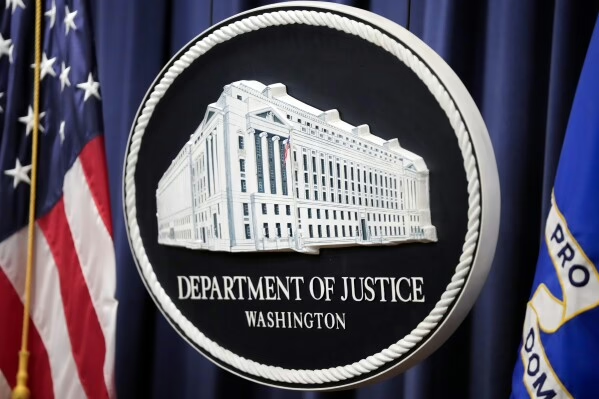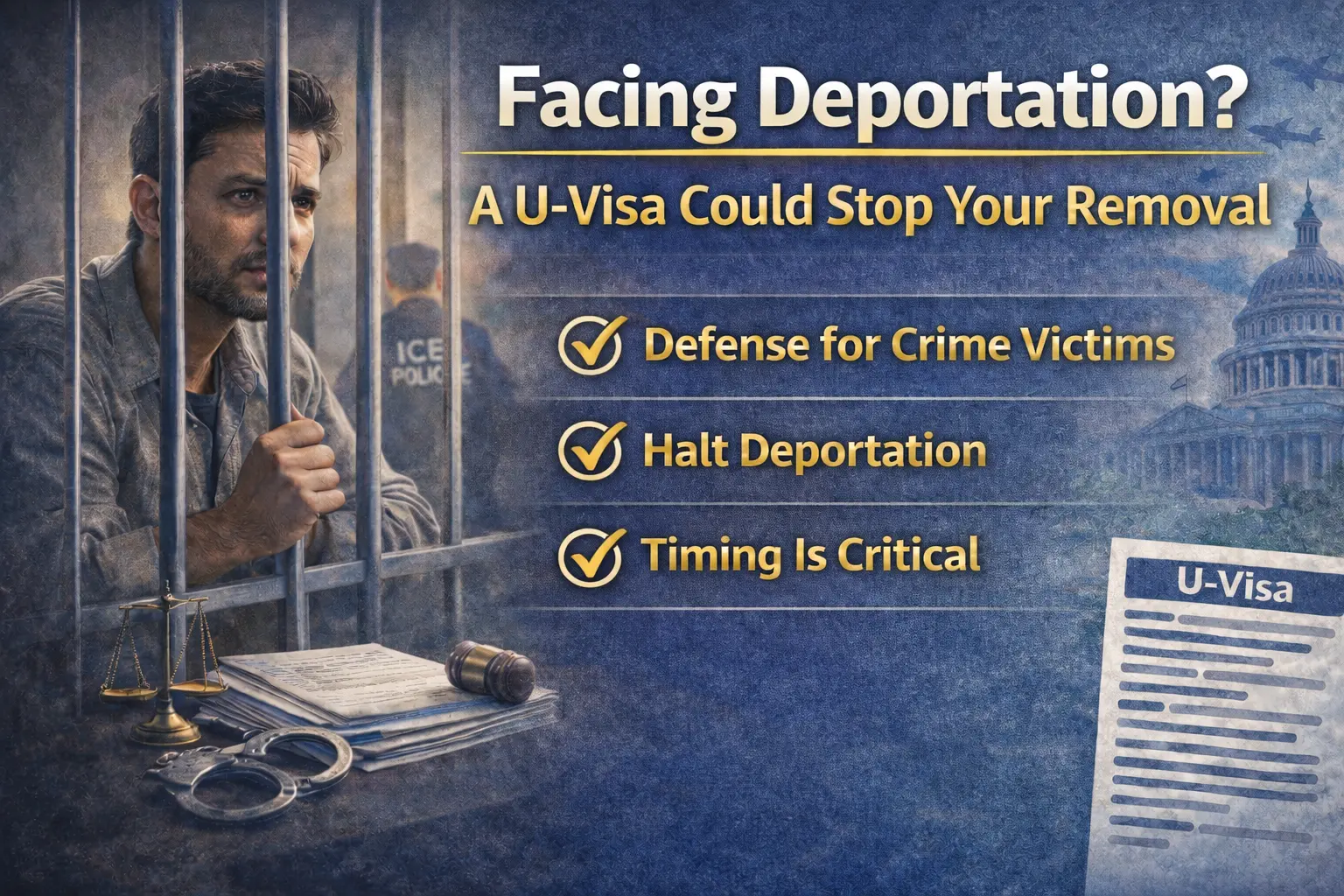ICE can now arrest you at Schools, Churches, and Hospitals: know your rights in 2025
Updated October 2025
On January 21, 2025, the Department of Homeland Security rescinded decades-old protections that prevented ICE from making enforcement arrests near “sensitive locations” like schools, churches, hospitals, and courthouses. Before, many immigrant families believed those places were safe zones, but under the new policy, that is no longer guaranteed.
At Law Group International, we are deeply concerned about how this change affects communities: parents dropping off their children at school, congregants going to church, and people seeking medical care. In this article, we explain exactly what changed, what rights you still have, how to prepare, and how to build a family safety plan in case ICE comes.
What Was the Sensitive Locations Policy?
Definition and Purpose
Under policies first issued in 2011 and reinforced under both Obama and Biden, ICE and CBP were generally restricted from conducting enforcement actions in or around certain “protected areas” without special approval. The goal was to safeguard access to essential services such as:
- Schools (K–12, colleges, universities, bus stops)
- Places of worship (churches, mosques, synagogues)
- Hospitals and clinics
- Courthouses
- Emergency response sites, funerals, and public events
Arrests in these “sensitive locations” generally required high-level sign-off from supervisors and were considered only in very limited, serious circumstances.
What Changed on January 21, 2025?
The DHS Memo Eliminating Protections
On January 21, 2025, Acting DHS Secretary Benjamine Huffman issued a memo formally rescinding the previous “protected-areas” guidance.
In that memo, DHS stated:
“Criminals will no longer be able to hide in America’s schools and churches to avoid arrest … The Administration … trusts [ICE] to use common sense.”
With the new policy, ICE agents are no longer constrained by geographical rules or special approval in places that were formerly off-limits.
What “Common Sense” Means in Practice
Documented Cases of Sensitive-Location Arrests in 2025
Multiple news outlets have reported arrests since the policy change:
- Church Arrests: In July 2025, a coalition of Christian denominations filed a lawsuit challenging ICE arrests at places of worship, arguing the new policy violates religious freedoms.
- Policy Reversal Reported: According to U.S. media, the policy reversal allows enforcement in schools and churches that were previously considered off-limits.
- Law Firm Analysis: Legal observers note that ICE is no longer required to get high-level approval before acting in these sensitive areas.
These changes have raised alarm among immigrant communities, faith leaders, school districts, and legal advocates.
Your Rights at Different Locations
When ICE may act in locations previously considered safe, knowing your rights is more important than ever.
Schools and School Events
What ICE Can Do
- Arrests may happen in public areas surrounding schools, like parking lots or sidewalks.
- To enter non-public parts of a school (classrooms, schoolyards), ICE generally needs a judicial warrant unless there’s an emergency (“exigent circumstances”).
Your Rights
- You can ask: “Am I free to leave?” if officers approach you.
- You have the right to remain silent.
- If ICE tries to enter the school, school authorities may refuse entry without a judge-signed warrant.
For Parents
- Teach your child an emergency contact number (even if just memorized).
- Provide trusted adults with written authorization to pick up your children.
- Let children know what to do if a parent is arrested: who to call, where to go.
Churches and Places of Worship
What ICE Can Do
- ICE agents may enter a church for enforcement, with or without a judicial warrant.
- Arrests have already been reported during regular religious services.
Your Rights
- You always have the right to remain silent.
- You can ask to speak with a lawyer before answering any questions.
- Religious leaders are not legally required to identify or hand over worshipers to ICE.
What Your Church Can Do
- Conduct “Know Your Rights” training for the congregation.
- Establish an emergency phone-tree system for legal support.
- If possible, have legal observers during high-risk events.
- Note: “Sanctuary church” policies are community-based, not legal shields. ICE still has authority to enter.
Hospitals and Healthcare Facilities
What ICE Can Do
- ICE can arrest in hospitals, including emergency rooms.
- However, HIPAA protects your medical information: hospitals generally cannot provide your immigration status to ICE.
Your Rights
- You have the right to emergency care, regardless of status (under federal EMTALA law).
- You can remain silent about your immigration status.
- Ask that ICE not delay your medical treatment. In most cases, care should not be interrupted.
If a Family Member Is in the Hospital
- Consider whether to enter yourself, depending on risk.
- If possible, designate someone else (with legal status) to visit.
- Use phone or video calls when you are worried about ICE presence.
Important Note: Do not avoid medical treatment out of fear. Your health is protected, and seeking care is not illegal.
Courthouses
What ICE Can Do
- ICE can now arrest individuals at immigration court hearings or courthouses.
- In some jurisdictions, community organizations have already filed lawsuits in response to enforcement in these places.
Your Rights
- You (or your attorney) can attend your immigration hearing, but know there’s a risk of arrest.
- You have the right to have a lawyer present.
- You are not required to answer questions outside the courtroom.
- Ask your attorney about remote hearing options, if available.
Sensitive Locations Arrests: Frequently Asked Questions
Can ICE arrest me while I drop my children off at school?
Yes. ICE may arrest you in the parking lot or sidewalks near a school, they don’t need school district permission. But to enter classrooms or other non-public areas, they often need a judge-signed warrant.
What should I do if ICE arrests my child’s parent at school?
Stay calm. Do not interfere physically. Record what happens if you can safely. Call the person’s emergency contact and their attorney. Use your school pickup authorization plan to get your child out safely.
Can my church refuse ICE entry during services?
Religious institutions can ask ICE to leave, but ICE may still enter. Sanctuary policies are social or moral decisions, they are not guaranteed legal protection.
If I go to the hospital, will ICE be notified?
Hospitals cannot voluntarily share your medical or immigration information due to HIPAA protections. ICE can still make an arrest in hospital settings if they are present, but you still have the right to treatment.
Can ICE arrest me at my own immigration hearing?
Yes. There are reports of ICE making arrests at courthouses for people attending their own immigration hearings. Ask your attorney about the risk and possible remote options.
Does ICE need a warrant to enter a school or church?
To enter private areas, ICE generally needs a judicial warrant (signed by a judge). Administrative ICE warrants (Form I-200) do not give ICE the same authority to enter private buildings without consent.
Creating a Family Safety Plan for ICE Enforcement
Here’s how your family can prepare now, before any interaction with ICE.
Safety Plan for Parents with School-Age Children
- Designate Emergency Contacts
- Choose 2–3 trusted adults with legal status.
- Make sure they are school-approved to pick up your children.
- Complete and update school emergency contact forms.
- Prepare Authorization Documents
- Notarized letter giving emergency contacts permission to act for your children.
- Medical authorization for treatment, if needed.
- Guardianship or temporary custody documents, if possible.
- Teach Your Children
- Memorize emergency contact numbers together.
- Practice what to do if a parent doesn’t show up at pickup.
- Explain (age-appropriately) what ICE is, and what to do in an arrest.
- School Communication
- Talk to administrators about your contacts and your safety plan.
- Provide a copy of your authorization letter.
- Ask them to note your emergency contacts in school records.
- Legal Prep
- Always carry your attorney’s contact information.
- Keep a “Know Your Rights” card in your wallet.
- Scan and save copies of birth certificates, IDs, and other critical documents.
Safety Plan for Church and Religious Communities
For Religious Leaders and Congregations:
- Host “Know Your Rights” workshops for your congregation.
- Create a rapid-response team with legal observers.
- Develop a communication tree (phone chain) for ICE emergencies.
- Display emergency contact numbers for legal help during services.
For Individuals:
- Leave copies of key documents (ID, power of attorney, attorney contact) with a trusted person.
- Carry a Know Your Rights card.
- Stay calm if agents arrive: remain silent, ask “Am I free to leave?” and request a lawyer.
Safety Plan for Medical Appointments
| Medical Situation | Risk Level | Suggested Action |
| Emergency care | Any | Go to ER – EMTALA guarantees treatment. |
| Urgent care | Moderate–High | Choose clinics with lower enforcement risk if possible. |
| Routine checkups | Higher risk if ICE activity in area | Consider telehealth or community health centers. |
| Specialist or prenatal care | Medium | Explore telehealth or out-of-state options. |
Use this decision matrix to minimize risk:If an ICE agent appears while you’re at a hospital, you can:
- Remain silent about your status
- Ask for an attorney
- Continue receiving treatment before speaking to ICE (in most cases)
What to Do If You Witness an ICE Arrest
- Stay Safe
- Do not interfere physically with ICE.
- Stay at least 10–15 feet away.
- Document
- Record video if you can safely.
- Take note of agent names, vehicle numbers, uniforms.
- Note time, place, and what was said.
- Do Not Lie or Give False Info
- Stick to the truth.
- Do not attempt to block agents.
- After the Arrest
- Call emergency contacts and any listed attorney immediately.
- Share your recording or notes with the detained person’s lawyer or a trusted immigrant legal organization.
- Support family by helping them gather documents, contact legal aid, and care for children.
Sensitive Locations Arrests: Data & Trends (2025)
Additional context:
- Legal advocacy groups (e.g., Democracy Forward) have filed lawsuits challenging the new policy.
- Some districts, like Denver Public Schools, publicly opposed the change right after the memo came out.
- Although ICE claims enforcement at schools will be rare, data suggests a sharp increase in non-criminal arrests in certain districts.
Sources: Catholic News Agency, democracy2025.org, VisaVerge, NAFSA
Protecting Your Family from Sensitive-Location Arrests
- The government removed protections for schools, churches, hospitals, and more on January 21, 2025.
- ICE can now arrest in those places without strict prior approval.
- Reports show hundreds of arrests in those formerly protected locations in the first ten months of 2025.
- Having a family emergency plan and knowing your rights can make a life-changing difference.
Here’s what to do now:
- Start building your family safety plan (school, church, hospital)
- Teach your children what to do if something happens
- Carry your attorney’s contact info and a Know Your Rights card
- Sign up for legal help, don’t wait
Law Group International is here to help. Our immigration attorneys specialize in family safety planning, know-your-rights training, and aggressive deportation defense. We have helped many families make plans and defend against enforcement actions.
Your family’s safety cannot wait.
Schedule a confidential consultation today. Consultations in English and Spanish available.
Explore More Immigration Topics
Birthright Citizenship and Executive Orders
May 5, 2025
Immigration Crackdown 2025
April 5, 2025
How to Navigate Trump’s Expanded Expedited Removal Process
February 23, 2025
U-Visa and Deportation: How This Visa Can Save Your Case
January 19, 2026










